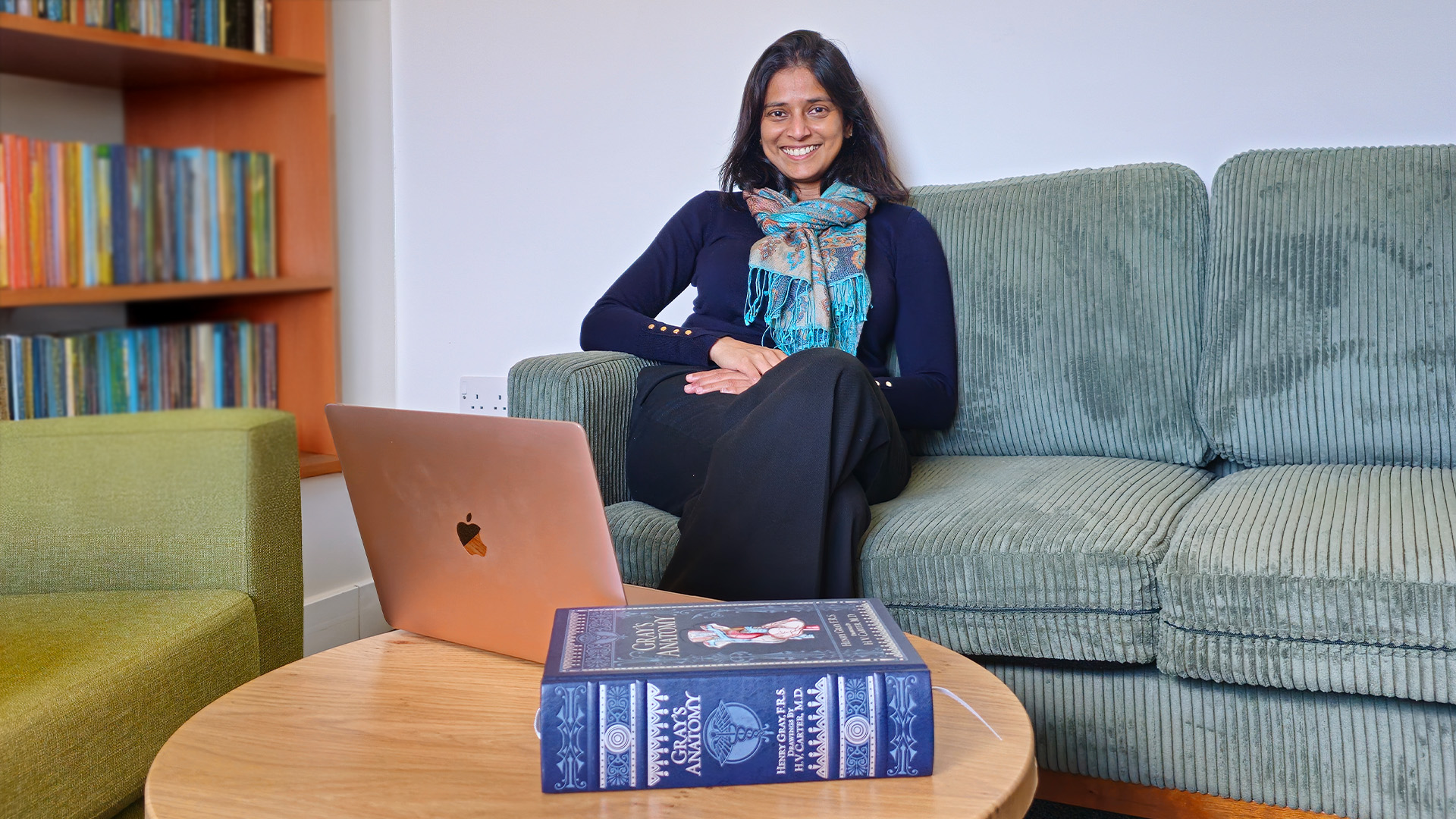
College Position
College Lecturer in Medical Sciences
University Position
Consultant Hepatopancreatobiliary Surgeon, Addenbrooke’s Hospital, and Affiliated Assistant Professor, University of Cambridge
University Department
Department of Surgery
Subject
Anatomy
Research Interests
Pancreas and bile duct cancers
Could you tell me a bit about your early life?
I was born in Malaysia and began my early education there, before completing secondary school in Singapore and returning to Malaysia for the equivalent of A-levels. With both my parents being doctors, I was exposed to medicine from a young age and always knew I wanted to pursue it.
There’s a long tradition of Malaysian students coming to the UK for medical training. My parents did some of their postgraduate training here, so it felt like a natural step. I came to Nottingham Medical School, really enjoyed it and decided to stay. I was drawn to surgery early on, and as I progressed through training, I knew it was the right path for me.
Medical training in the UK isn’t quick. Where did the process take you?
Medical training in the UK is a long but well-structured process. For me, it began with a foundation year placement in Derby and then Taunton. These were smaller hospitals compared to Addenbrooke’s, but they offered a broad range of training and valuable hands-on experience. After that, I completed a basic surgical training programme in Norwich, during which I developed a particular interest in hepatopancreatobiliary (HPB) surgery, which focuses on the liver, pancreas and bile ducts.
Then, I was nominated to undertake a PhD at the Brigham and Women's Hospital in Boston. It was an incredible experience and sparked what has become a long-term interest in research. My research was on how the intestine adapts to large volumes of food, particularly looking at changes in protein and gene expression. The Royal College of Surgeons recognised my work in 2017 and awarded me the Hunterian Professorship, which was a huge privilege.
After returning to the UK, I began the final six years of in-depth training to become a consultant, on the East of England rotation. For HPB, the main centre is Addenbrooke’s Hospital in Cambridge, so I became an Academic Clinical Lecturer there, which allowed me to continue with basic science, translational and clinical research. I’ve been based in Cambridge ever since.
What are you working on now?
My clinical work focuses on cancers of the liver, pancreas and gallbladder. A typical week includes ward rounds, multidisciplinary team meetings, operating lists and on-calls.
Research is a big part of what I do. I lead a translational research project focused on pancreatic cysts and biomarkers for pancreatic cancer. We're working to understand the molecular changes that occur at the very earliest stages of cancer development, to improve early detection. I'm also involved in gallbladder cancer research — we recently completed the largest international multicentre study on outcomes following gallbladder cancer surgery, which has helped inform current treatment guidelines.
Teaching is also something I value deeply. I teach anatomy to undergraduate medics at Selwyn, and I support clinical training for medical students on placement from the university. On the postgraduate side, I examine for the final exit exams taken before becoming a consultant surgeon, write exam questions and sit on the panel that approves trainees graduating to become new consultants.
Are there any more research projects on the horizon?
One area we’re focusing on is studying the molecular differences between gallbladder cancer tumours from different parts of the world — it’s rare in the UK and Europe but much more common in regions like North India, Chile and South Korea. Thanks to the international collaborations formed through our earlier work, we’re now collecting tumour samples and plan to analyse them in partnership with researchers at the Cambridge Biomedical Campus.
I’m also involved in the European-African HPB Association, which is the main surgical society for our speciality across those regions. We’re working to coordinate large, collaborative scientific projects, building on studies we led during COVID and on more recent research efforts.
What brought you to Selwyn?
I joined in 2021, shortly after the COVID lockdowns. I was approached by Charlotte Summers and Grant Stewart to teach anatomy after the previous fellow retired. I hadn’t experienced the Oxbridge collegiate system before, but it has been a great opportunity and I’m really enjoying it. There’s a real sense of intellectual exchange among people from completely different fields. The support we can offer students is outstanding, and the environment helps them truly flourish.
Do you get a chance to unwind amidst all your responsibilities?
For a few years, I practised judo and jiu-jitsu, which I enjoyed. Unfortunately, I injured my hand, so I’ve had to take a break. I’m hoping to return to it once I’ve recovered. In the meantime, I’ve been reading more and focusing on my research while I’ve got a bit of time.


